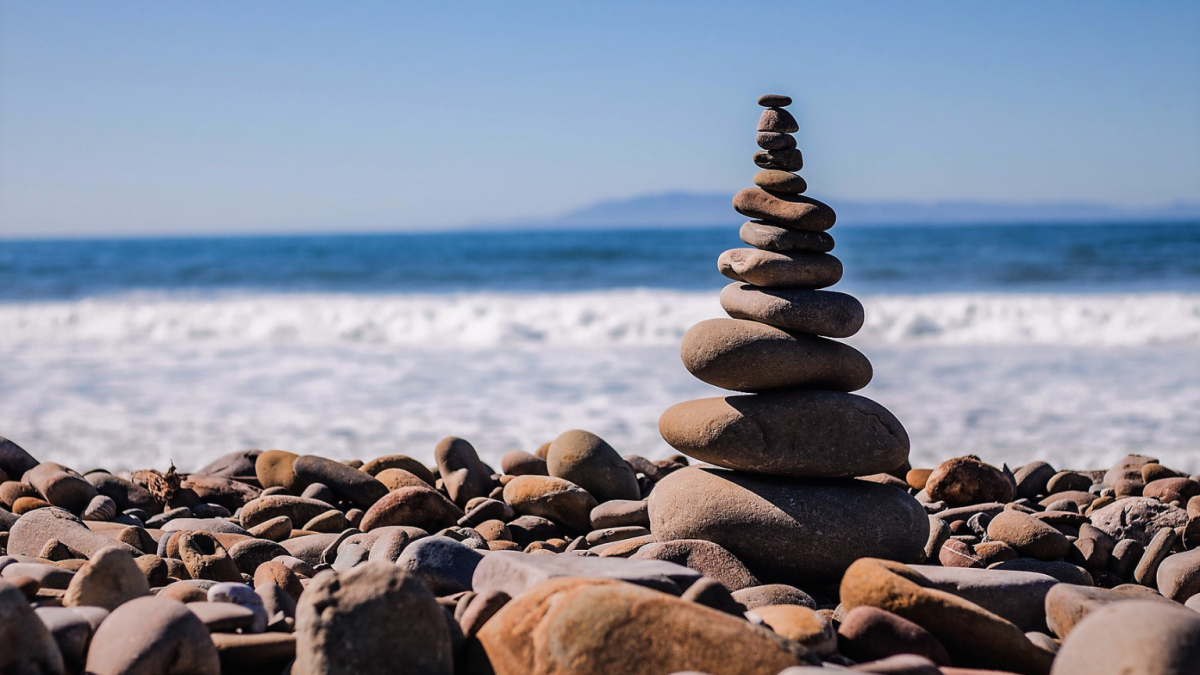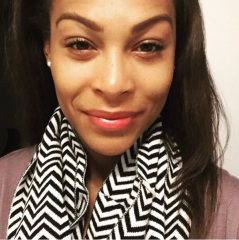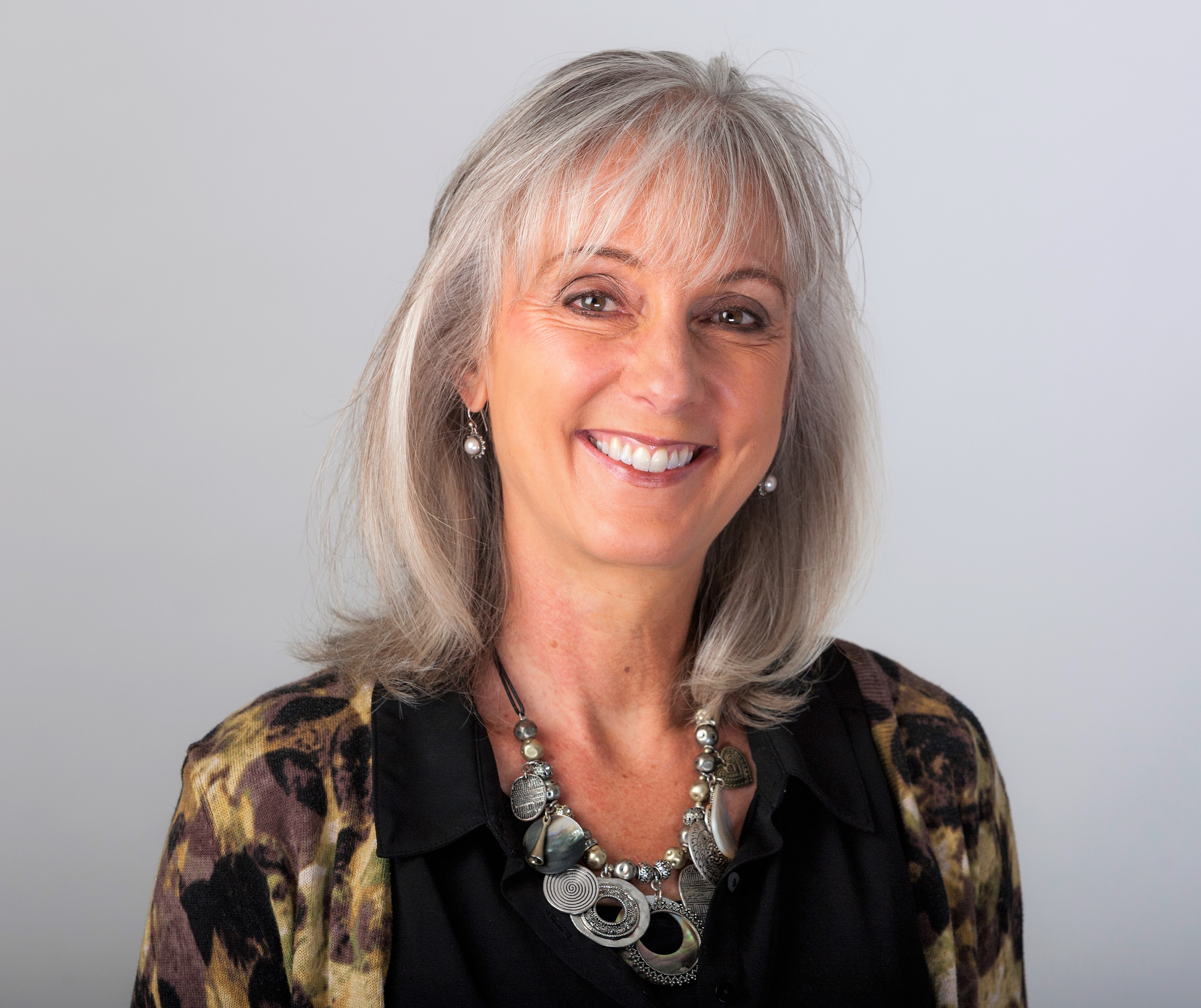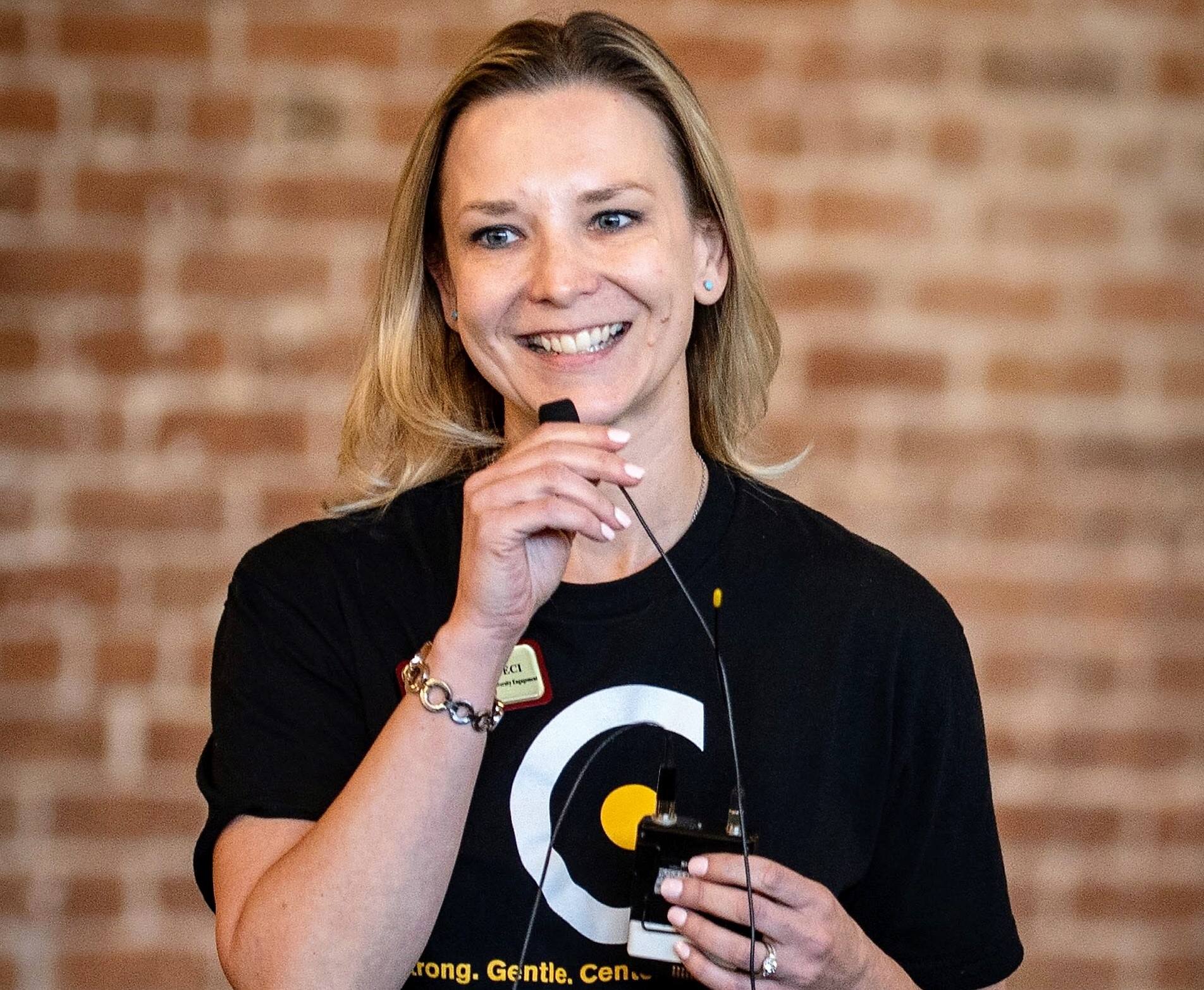Expanding the perception and practice of mindfulness are some of the key elements that will be incorporated into the second annual conference from Arizona State University’s Center for Mindfulness, Compassion and Resilience.
The two-day, active conference titled "Water and Stone: The Power of Mindfulness for Social Change" will take place Feb. 28–March 1 on ASU’s Downtown Phoenix campus.
Nika Gueci, the center’s executive director for university engagement, says when people think of mindfulness they often imagine peace or happiness, which is wonderful — but it’s not the full picture.
"Mindfulness is also about learning to live with discomfort and finding ways to bring thoughtfulness and compassion to yourself and others in difficult situations,” Gueci said.
We spoke with Gueci; Tiara Cash, the center’s program manager; and Teri Pipe, ASU chief well-being officer and the center’s founding director, to learn what else attendees can expect and to find out about the keynote speakers who will cap off each day.
Question: How did you come up with this year’s conference theme, "Water and Stone: The Power of Mindfulness for Social Change"?
Tiara Cash
Cash: In today’s social climate, there is definitely a need for more conversation around how we bridge gaps and create positive change. The theme "Water and Stone" came from the ideology that water, seemingly soft and impotent, over time has the power to change even the hardest rock.
This understanding of time and diligence found in the qualities of water can be seen in the actions of social transformation. The work we do today can have a lasting effect on the generations after us. With mindfulness as the structure of communication and action, the movements we dedicate ourselves to can create a compassionate, more resilient, self-sustaining change.
Q: This is the second year you’re hosting this conference. Any lessons from your inaugural event that you’re applying to this year?
Cash: This year, we will be incorporating more visual and performing arts to solidify the experiences of the conference. Otherwise, the structure will be very much the same. We are dedicated to bringing a conference that shares academic and experiential learning.
Gueci: This year’s conference will be co-created with the audience. The conference participants will be instrumental in discovering and generating methods to move forward in social harmony through the practice of mindfulness. Post-conference, the center will be sharing these ideas and recommendations to forge ahead with a deeper understanding of societal interests in an effort to shape greater individual and community resilience.
Teri Pipe
Pipe: We received very positive feedback from last year’s participants about the chance to experience a variety of views and mindfulness practices, tailored to their comfort level. Participants in our classes and workshops are seeking to expand the impact of mindfulness and compassion in more far-reaching ways. We recognize that mindfulness can be used as an approach for personal well-being, yet given our social context the potential is so much larger than the individual.
Q: Can you tell us a little bit more about the background of each of the keynote speakers and what they will be sharing?
Cash: Kamilah Maijed is a mental health clinician with a background in social oppression on mental and behavioral health. She has a focus on mitigating systems that cause marginalization on the individual, familial, organizational and community levels. She will bring deep conversations and activities to the audience on compassion training and working through being comfortable with discomfort.
Rhonda Magee is a mindfulness-based stress reduction (MBSR) teacher for law students, lawyers and professionals alike. She has a background working to minimize social-identity bias in professionals through contemplative and mindful practice. Her work spans keynotes, trainings, workshops and retreats. At this year’s conference, she will be discussing courage and intentionality in understanding the roles we have played in society and how we build mindfulness into our everyday lives to continue to challenge these roles.
Q: What, if anything, do people interested in attending need to know before signing up?
Nika Gueci
Cash: This conference is for everyone! We are excited to bring a topic to ASU that focuses on using the tools of mindfulness to bring action to each of our work and to promote change in the community. Anyone and everyone is welcome!
Gueci: Everyone who is interested should register soon! The early-bird pricing is until Jan. 18 ($169 for one day, $299 for both days). We are capping the conference at 100 participants this year. Students are encouraged to apply for our student scholarships. The deadline to apply is Feb. 1. Those interested in sponsorship opportunities can learn more about different options for involvement.
Q: What do you hope people will take away from attending this conference?
Cash: I hope people will gain insight into their own lives and the lives of others and take that insight to the level of emitting positive change through this convening. I’m looking forward to creating content that allows for any experiences and awareness to rise in each individual and the collective group that is needing to show up. And, working together with an understanding that we are all experiencing this content together and with solidarity.
Pipe: Participants will be challenged to explore not only how mindfulness, compassion and resilience relate to their individual lives, but also how these approaches may impact families, neighborhoods and larger communities.
If you go
What: Water and Stone: The Power of Mindfulness for Social Change.
When: 9 a.m.–5:30 p.m. Feb. 28–March 1.
Where: A.E. England Building, 424 N. Central Ave., Phoenix.
Cost: Early-bird one-day admission: $169; early-bird both days: $299. Student scholarships available. *Prices go up Jan. 18.
Registration: https://mindfulnesscenter.asu.edu/events/annual-conference-2019
More Health and medicine

New study seeks to combat national kidney shortage, improve availability for organ transplants
Chronic kidney disease affects one in seven adults in the United States. For two in 1,000 Americans, this disease will…

New initiative aims to make nursing degrees more accessible
Isabella Koklys is graduating in December, so she won’t be one of the students using the Edson College of Nursing and Health…

Reducing waste in medical settings
Health care saves lives, but at what cost? Current health care practices might be creating a large carbon footprint,…





